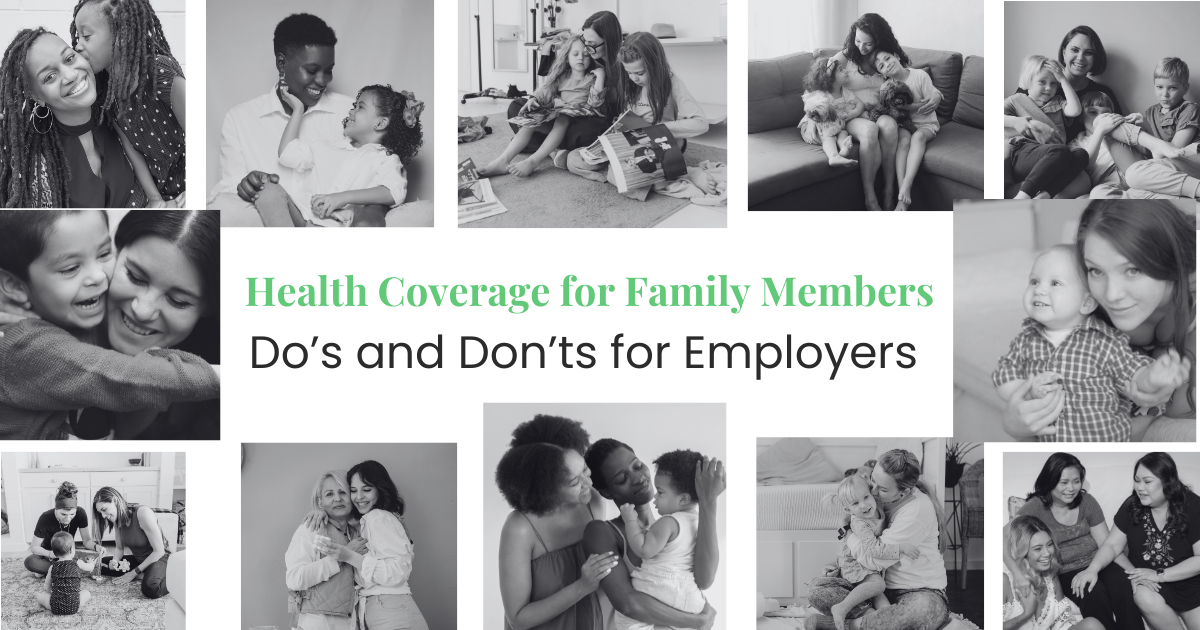
Health Coverage for Family Members: Do’s and Don’ts Employers Shouldn’t Overlook
Employer-sponsored health plans often extend beyond the employee, offering coverage for spouses, children, and sometimes domestic partners. But with these options come compliance responsibilities that employers must carefully navigate. From COBRA rights to HIPAA special enrollment, overlooking even one rule can create costly compliance issues.
Here are the most important do’s and don’ts employers should keep in mind when it comes to family member coverage:
Spousal Coverage
Children
Domestic Partners
COBRA Continuation Coverage
Spouses and dependent children are entitled to COBRA continuation in cases such as divorce, termination, or death of the employee. Employers must ensure timely communication and compliance, even when coverage was dropped in anticipation of a qualifying event (such as an impending divorce).
Federal regulations regarding HIPAA special enrollment rights.
“An Employer’s Guide to Group Health Plan Continuation Coverage under COBRA,” a Department of Labor resource
Employers who fail to comply with family coverage rules risk penalties, lawsuits, and employee dissatisfaction. Regularly reviewing plan documents, Summary Plan Descriptions (SPDs), and communication processes can help ensure compliance and clarity for employees.
Bottom line: Staying proactive with eligibility, enrollment rights, and tax treatment of family coverage isn’t just a compliance requirement—it’s a best practice that supports both your workforce and your business.
Zinn Insurance is here to bulletproof your business with benefits strategies that actually work—no fluff, no templates, just results.
💬 Need support preparing for 2026? Let’s talk.
